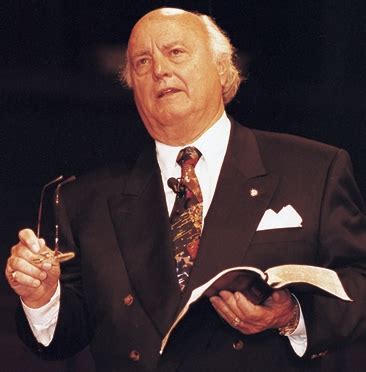A Quote by Martyn Lloyd-Jones
If you doubt your sins have been forgiven, that in itself is sin.
Related Quotes
If you show me a man deliberately living an unholy and licentious life, and yet boasting that his sins are forgiven, I answer, 'He is under a ruinous delusion, and is not forgiven at all.' I would not believe he is forgiven if an angel from heaven affirmed it, and I charge you not to believe it too. Pardon of sin and love of sin are like oil and waterthey will never go together. All who are washed in the blood of Christ, are also sanctified by the Spirit of Christ.
This doctrine of forgiveness of sin is a premium on crime. Forgive us our sins means Let us continue in our iniquity. It is one of the most pernicious of doctrines, and one of the most fruitful sources of immorality. It has been the chief cause of making Christian nations the most immoral of nations. In teaching this doctrine Christ committed a sin for which his death did not atone, and which can never be forgiven. There is no forgiveness of sin. Every cause has its effect; every sinner must suffer the consequences of his sins.
... the Lord Jesus said, 'To those who are in bonds, Come out, and to those who are in prison, Go forth' (Isa. 49:9); so your sins are forgiven. All, then, are forgiven, nor is there any one whom He has not loosed. For thus it is written, that He has forgiven 'all transgressions, doing away with the handwriting of the ordinance that was against us' (Col. 2:13-14). Why, then, do we hold the bonds of others, while we enjoy our own remission? He, who forgave all, required of all that what every one remembers to have been forgiven to himself, he also should forgive others.
Do not lose your temper with those who sin. Do not have a passion for noticing every sin in your neighbor and judging it, as we usually do. Everyone will give an answer for himself before God. Especially, do not look with evil intention on the sins of those older than you, with whom you have no business. But correct your own sins, your own heart.
To despair over one's sins indicates that sin has become or wants to be internally consistent. It wants nothing to do with the good, does not want to be so weak as to listen occasionally to other talk. No, it insists on listening only to itself, on having dealings only with itself; it closes itself up within itself, indeed, locks itself inside one more inclosure, and protects itself against every attack or pursuit by the good by despairing over sin.
It would seem that the ingratitude, whereby a subsequent sin causes the return of sins previously forgiven, is a special sin. For, the giving of thanks belongs to counter passion, which is a necessary condition of justice. But justice is a special virtue. Therefore this ingratitude is a special sin. Thanksgiving is a special virtue. But ingratitude is opposed to thanksgiving. Therefore ingratitude is a special sin.






































